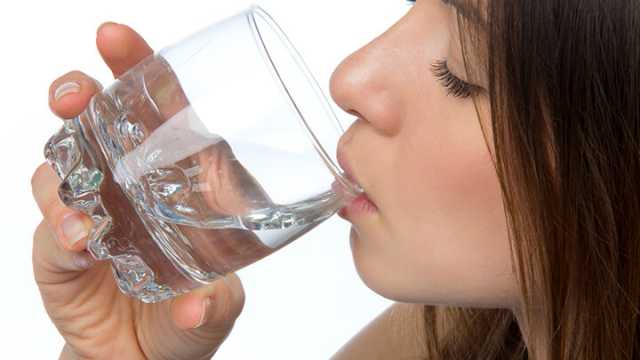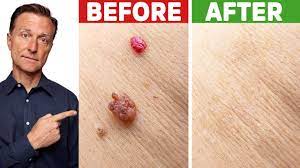
Have you ever taken a drink of warm salt water in the morning? Unless you take a pre-breakfast swim in a saltwater pool and occasionally swallow an unwanted mouthful, chances are you haven’t.
And while we’re on the topic, have you ever heard of Sole water? If not, that’s okay — lots of people probably haven’t. But it’s time you learned about this amazing, 100-percent natural drink.
Sole water (pronounced so-lay), is not a miracle cure or hip new fad. Rather, it’s a life-supporting mixture of mineral-rich, unrefined salt and water. It supports the body’s natural ability to regulate and heal itself. The term Sole comes from the Latin sol, which means sun.
For years we have been told that salt can be detrimental to our health. The idea of actually drinking salt water may sound more than a touch counter-intuitive. However, a concentrated salt solution made with 100 percent natural salt is healthy and good for your body.
The average American consumes about 10 grams of salt per day, which is predominantly sodium chloride (refined salt) from processed foods. Historically, naturally mined salt played a huge part in the development of civilizations and trade. Salt was once one of the most sought-after commodities. Problems with salt consumption have only come into play with the use of refined table salt and its excessive addition to processed foods.
How refined table salt is made
Unlike unrefined sea salt, table salt has been stripped of its naturally-occurring minerals during processing. To produce your average bag or shaker, large salt producing companies mine poor quality rock salt from the earth, then dry it in large kilns. These kilns heat the salt to temperatures upwards of 1200 degrees Fahrenheit, changing the salt’s chemical structure into pure sodium chloride. This is very different from natural salt, which contains a wide range of trace minerals.
Following this intensive heat-treating process, the resulting salt is now chemically dead. To make the salt edible again, those companies must now add back in a whole host of additives (I know, it makes absolutely no sense, right?). These include fluoride, which we now know to be harmful to our health. The salt also contains synthetic iodine and multiple anti-caking agents.
These anti-caking agents are designed to make the salt more free-flowing (easier to pour), but do so at great cost to your health. Ferrocyanide and silica aluminate are two such additives. Ferrocyanides have been shown to be damaging to our kidneys. They tend to react with certain other common food additives to produce body-wide health problems.
The dangers of refined table salt
open next page to continue reading….




